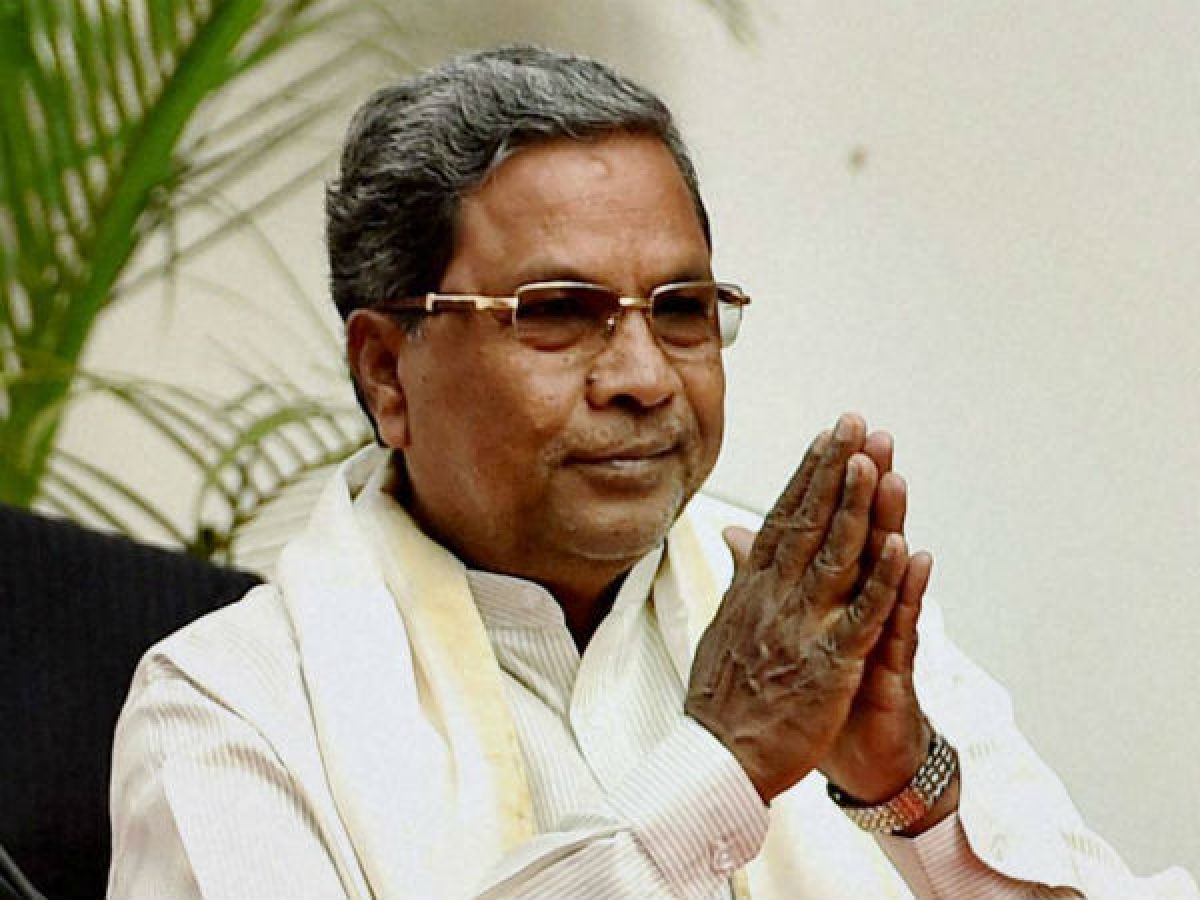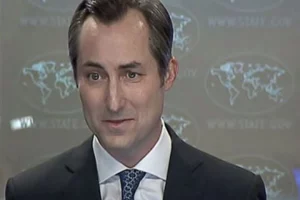In a clear sign of “encouragement” to jihadi forces who had a free run during his last tenure between 2013 and 2018, Karnataka Chief Minister Siddaramaiah, within a month of returning to office, distributed compensation of Rs 25 lakh on Monday to six families of alleged victims of communal violence in the name of “fair play and upholding justice.” He also said one member of each of the six families would be given a government job.
Five of the six families offered compensation were Muslims and the sixth was a token Hindu family of Deepak Rao, who had been murdered in July 2018 and had already been compensated by the previous BJP government.
The appeasement of the minority community is part of the Congress government’s desperate strategy to get votes in the forthcoming Lok Sabha polls.
Accusing the Basavaraj Bommai-led BJP government of following a “discriminatory policy” regarding communal incidents, Siddaramaiah said he wanted to demonstrate that his government would “serve all citizens without favouritism based on caste or religion.”
Having received over 85% of the Muslim votes in the recently-held Assembly elections, which along with the “five freebies” for women propelled the party to a clear majority, the Congress leadership apparently wants to keep the Muslims in good humour in the run-up to the 2024 Lok Sabha elections.
Victims or perpetrators of crime?
Four of the six murder cases identified by the Congress-led government are from the coastal district of Dakshina Kannada: Masood (Killed on July 19, 2022), Mohammed Fazil (July 28, 2022), Jalil (December 24, 2022) and Deepak Rao (July 3, 2018). The other two were Shameem (Jan1, 2022, Gadag) and Idris Pasha (March 31, 2023, Mandya).
All the “victims” were activists of either the Popular Front of India (PFI) or the Social Democratic Party of India (SDPI) and some of them had been named as accused in the alleged murders of RSS and Bajrang Dal volunteers over the last few years.
Angry BJP leaders described Siddaramaiah’s move as “appeasement politics” and a signal to radical organisations that they no longer needed to fear the law enforcement authorities as the chief minister himself had clearly “warned” the police department not to “act in a partisan manner.”
BJP and RSS leaders pointed out that during Siddaramaiah’s previous tenure, at least 23 Hindu activists had been murdered, but his government neither bothered to pay compensation to the families of the victims nor made sincere efforts to bring the accused to justice.
23 Hindu victims
Among the cases cited by the BJP are: Vishwanath Shetty of Shivamogga, hacked to death by PFI activists in February 2015, Prashant Poojari of Moodabidri, a flower vender killed in October 2015, DS Kuttappa of Kodagu, an RSS volunteer, who was killed after participating in a protest march against Tipu Jayanthi, Rudresh, an RSS activist, hacked to death in broad daylight at Shivajinagar in Bengaluru on October 16, 2016 and a series of murders in Dakshina Kannada and Mangaluru districts of Charan Poojari, Praveen Poojari, Sharath Madiwala and Paresh Masta.
The then Siddaramaiah government had also withdrawn more than 1,500 cases pending against PFI and SDPI activists and had ordered the release of several accused held in police custody pending trial.
The communal forces could be further encouraged by the new Siddaramaiah government’s decision to repeal the Right to Freedom of Religion Act brought by the Bommai government which prohibited unlawful conversion from one religion to another by “misrepresentation, force, undue influence, coercion, allurement or by any other fraudulent means.”
Forcible conversions in the name of “love jihad” has been one of the major reasons of friction between Hindu and Muslim communities which led to frequent violence in parts of Karnataka and the BJP government’s move had been welcomed by some moderate Muslim organisations as they hoped that the law would act as a deterrent to radical Islamists who indulged in such provocative acts and disturbed peace and tranquillity that existing for generations among Muslims and Hindus in several parts of the state.




















